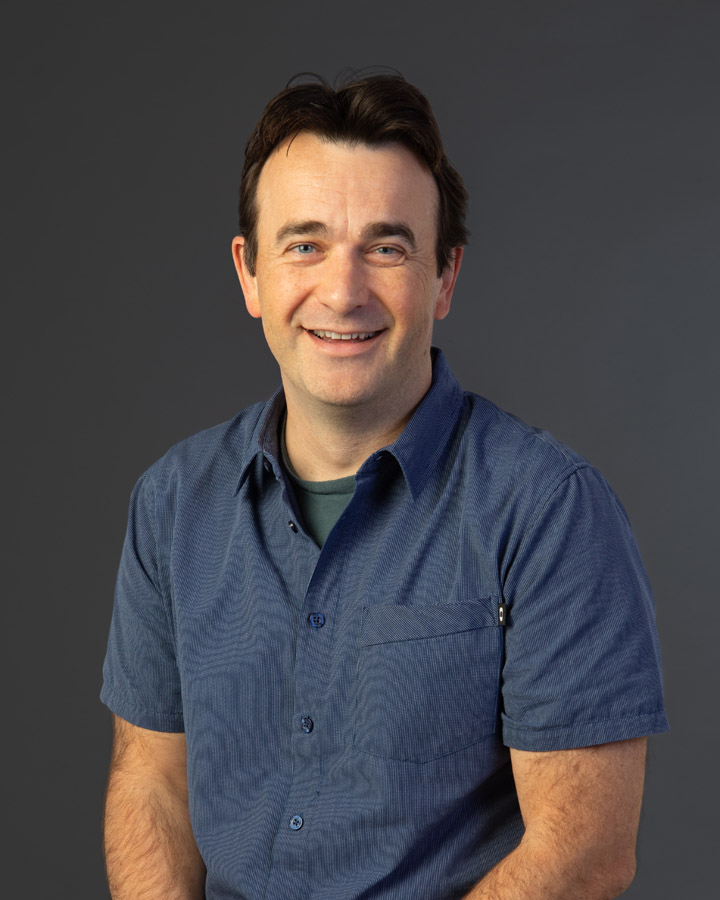First year Mathematics courses explained
Core Mathematics courses
The core of the 100-level (first-year) programme consists of linear algebra and calculus, contained in the two courses[PG1] MATH102 and MATH103. MATH102 is required for students majoring in mathematics, statistics, data science, physics, astronomy, financial engineering, and computer science, and strongly recommended for students intending to major in economics and finance (required if majoring in finance under a BSc). See the MATH102 information page for prerequisites and recommended preparation.
MATH103 follows on from MATH102 and has MATH102 as a prerequisite. Anyone wanting to do a significant amount of mathematics in their degree will need to take both MATH102 and MATH103. This includes students aiming to major in subjects like mathematics, astronomy, physics or statistics.
Other first-year courses
MATH120 Discrete Mathematics is an additional course for students who are interested in the structure and logic of mathematics. It is required for students studying computer science and strongly recommended for students majoring in mathematics.
MATH101 is designed for students who have some mathematics background but do not meet the prerequisites for MATH102. It is also helpful as a refresher for students who have not studied mathematics for some time. MATH101 aims to raise the technical and understanding levels of students who lack confidence in their mathematical skills.
First year Statistics courses explained
Many students need a foundation in Statistics to support their studies in other subject areas such as business, forestry, social sciences, physical sciences, and computer science. Others will wish to do more substantial studies in statistics in their undergraduate programme.
STAT101 is our first-year course in Statistics. It is an introduction to the ideas, techniques and applications of statistics and probability. STAT101 can be used as a prerequisite for STAT201 and STAT202. In combination with MATH102/EMTH118, STAT101 can be used as a prerequisite for the remaining 200-level Statistics courses.
A student intending to major in Statistics requires one of MATH103, MATH198, or DATA203.
A student intending to minor in Statistics requires 75 points in STAT courses (or from other relevant subjects with the approval of the Head of School) including 45 points at 200 level or above.
First year Data Science
DATA101 is our first-year course in Data Science. It is an introduction to statistical and computer science concepts that underpin the field of Data Science. Students will undertake analysis using the programming language R, building on other languages used across the Data Science syllabus such as Python. Students take DATA101 as part of a minor or major in Data Science. Students may use it as a prerequisite for most second-year STAT/DATA courses (check each course for details).
Engineering Mathematics
The School also offers a range of 100-level Engineering Mathematics (EMTH) courses These are intended for students pursuing a Bachelor of Engineering and are a prerequisite for enrolling in a professional engineering programme. Contact the Faculty of Engineering for course advice for your first and second year.
MATH198 and the STAR Programme
If you’ve done the STAR programme you have already completed MATH102 and MATH103! This gives you extra space in your programme for other subjects you like or more maths. If you’d like to discover a different type of maths we recommend MATH120. It provides a good introduction to pure maths and is useful for computer science subjects. Alternatively, try MATH201 or MATH203 if you want to continue the calculus and linear algebra you are familiar with.
Need further advice?
If you would like to chat about which courses would be best for your background and goals, we are always happy to help. Please contact the 100-level MATH coordinator at firstyearmath@math.canterbury.ac.nz












